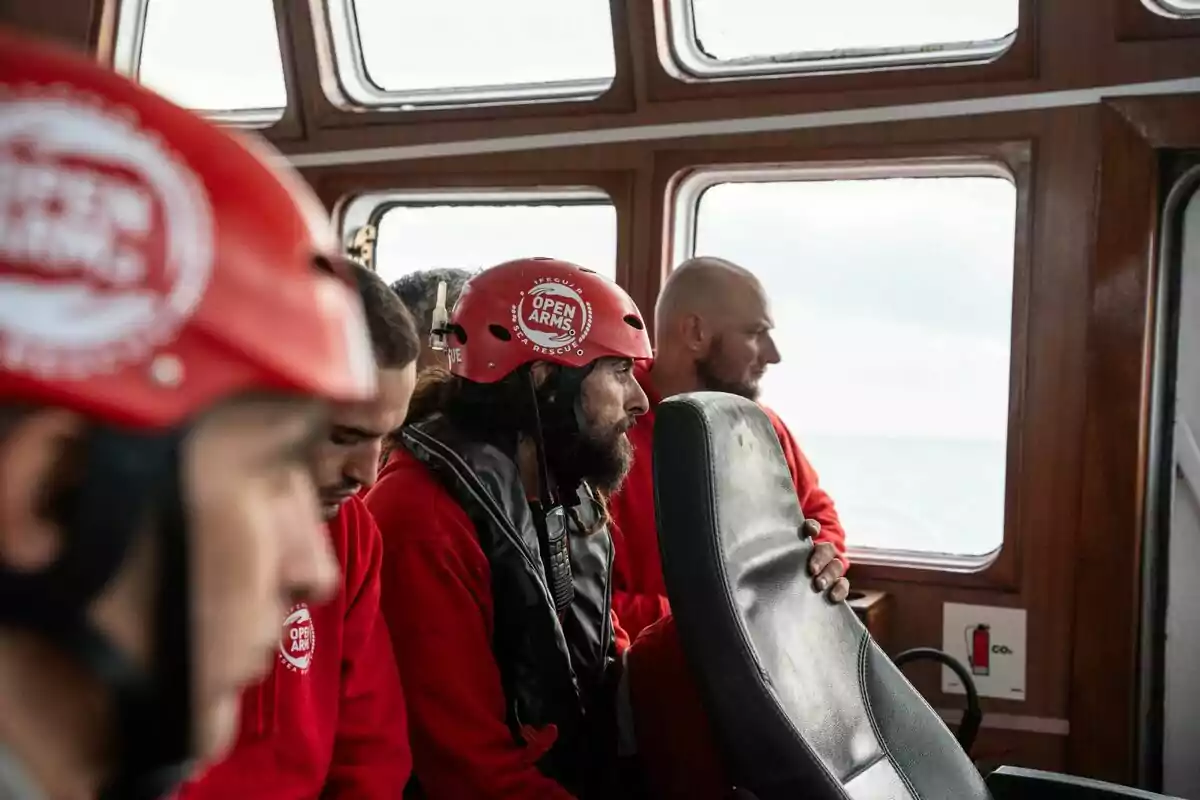
Germany shuts off funding for NGOs transporting migrants in the Mediterranean
The German government will allocate the funds, two million euros per year, to humanitarian aid for the countries of origin
New blow to illegal immigration in Germany. The German government led by the center-right CDU has suspended public funding for NGOs dedicated to rescuing immigrants. The money saved, around 2 million euros per year, will be allocated to humanitarian aid in the countries of origin.

A debate has been ongoing for some time about whether these associations are carrying out humanitarian work or actually encouraging human trafficking. The German government's measure sets a precedent in this regard. It questions the use of public funds to finance an activity that encourages immigration mafias.
In Catalonia, there is the paradigmatic case of Open Arms, which in recent years has received more than 400,000 euros in subsidies. It has also received media and institutional recognition. However, it has begun to be questioned by sectors that believe its work acts as a pull factor for illegal immigration.
Radical change in Germany
In Germany, these organizations have also enjoyed the approval of public authorities for many years. The German Ministry of Foreign Affairs funded entities such as SOS Humanity or SOS Mediterranée with 2 million euros.
The new government led by the right has decided to change the paradigm and withdraw support from these organizations. The German executive believes that rescuing people at sea and bringing them to European soil acts as a pull factor. When people see this, more are encouraged to venture into the sea hoping to reach Europe.
The German left has strongly criticized the measure. The Greens have warned that it won't end illegal immigration, but it will cause more deaths among immigrants.
The organizations have rebelled against the decision, which they have described as a "catastrophic signal" and an "inhuman" decision.
Migrant crisis in Europe
The decision by the German government also responds to a shift in the position of the traditional right compared to the new right. The rise of the anti-immigration party Alternative for Germany (AfD) led CDU to shift its stance on this issue. Even social democracy suddenly began to demand more deportations.
Europe is facing an unprecedented migrant crisis in recent times. This has forced a review of community policies in this area. Last year, a new Migration and Asylum Pact was approved, with a new, more restrictive paradigm.
The failure of the open-door policy has favored the rise of parties that oppose the indiscriminate reception of immigrants. Many European countries, including social democrats, are tightening entry and asylum application conditions. This forces the uncomfortable issue of NGOs rescuing immigrants at sea to be put forward.
More posts: